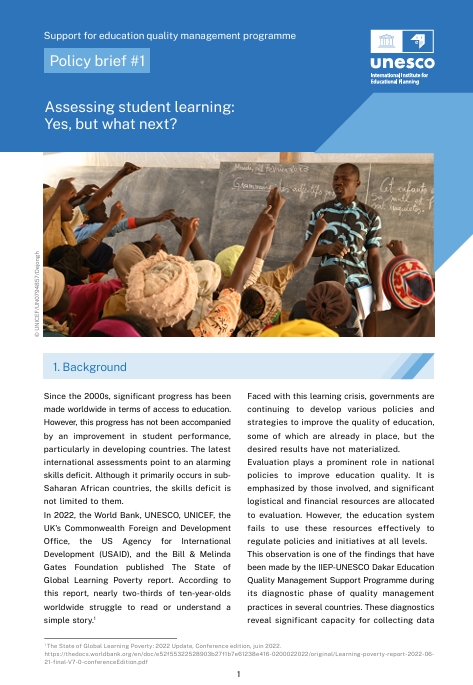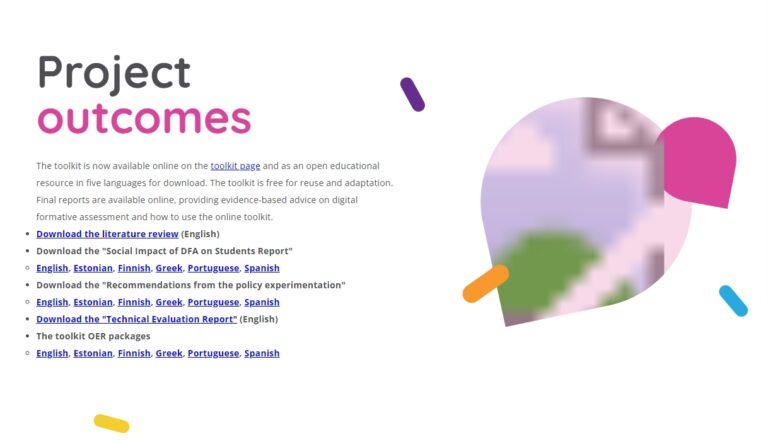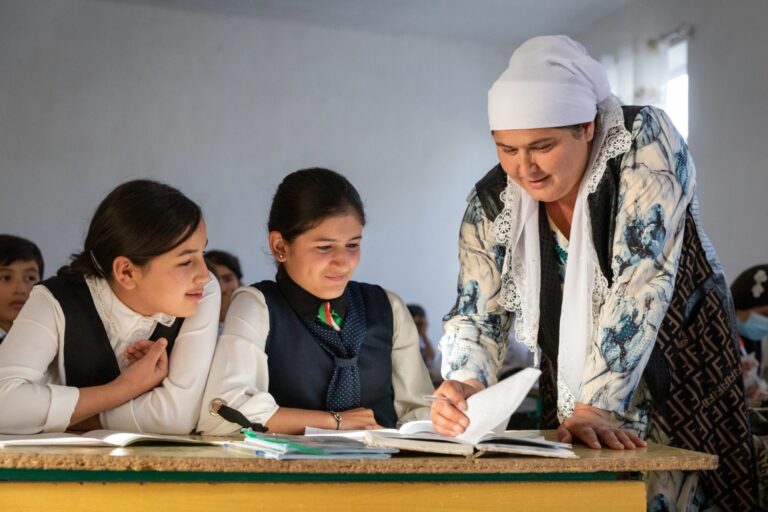Story Source: Harvard Business Publishing ~ Go to Original Article
Project-based classroom exercises—particularly ones that involve embedding students within organizations—are an excellent way for instructors to enhance students’ learning experiences. Classes that incorporate real-world, experiential projects not only foster lifelong learning, but also appeal to students and help them identify interesting career paths. Students also get to practice soft skills such as networking and teamwork along with technical skills such as analytical thinking and budgeting.
For faculty members, however, implementing project-based learning can be challenging—it often requires instructors to reformat their courses and play a large, hands-on role in overseeing student projects………..






